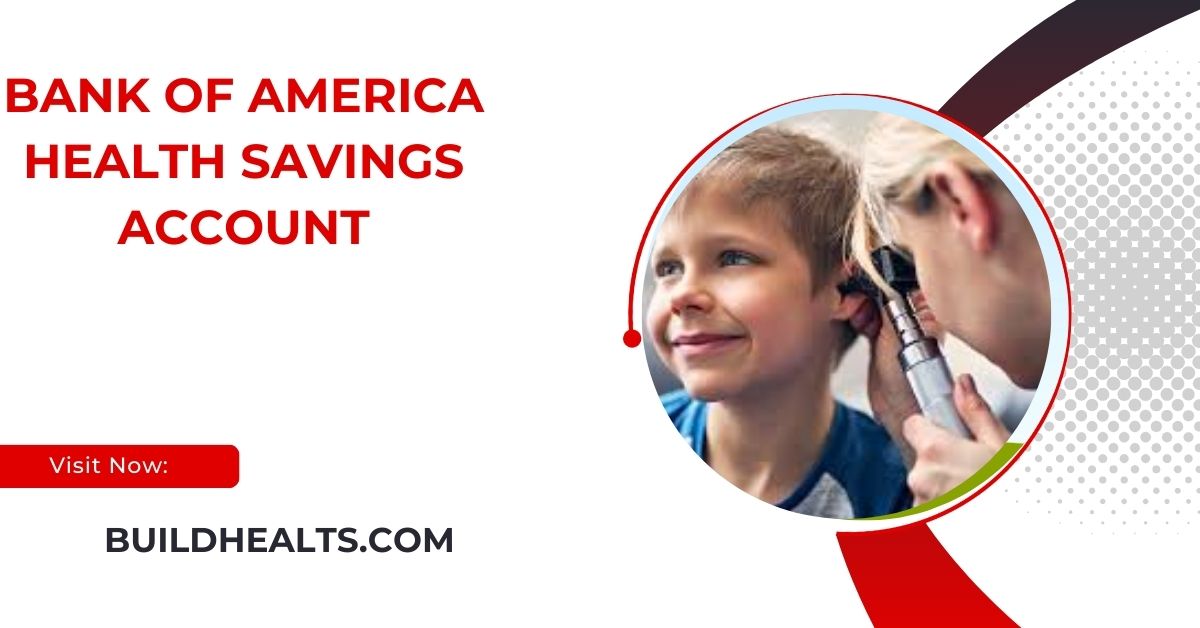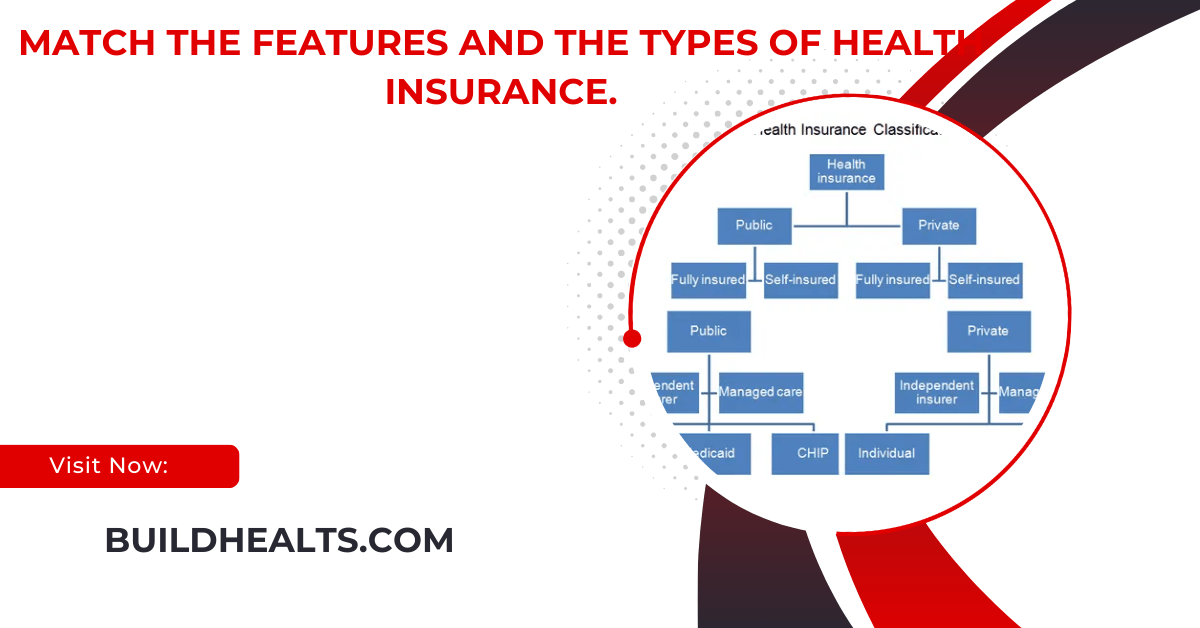A Bank of America HSA is a tax-advantaged account that helps save for healthcare expenses with tax-free withdrawals and investment options.
This article will explain what a Health Savings Account is, the benefits of using it, and why Bank of America is a popular choice for this service.
What is a Health Savings Account (HSA)?

A Health Savings Account (HSA) is a tax-advantaged savings account designed to help individuals save money for healthcare expenses. Contributions to an HSA are tax-deductible, reducing taxable income. The funds in the account grow tax-free, and withdrawals used for qualified medical expenses are also tax-free. This makes an HSA an effective way to manage healthcare costs while benefiting from tax advantages, offering long-term savings for eligible medical expenses and health-related services.
Key Features of an HSA:
- Tax Benefits: Contributions to an HSA are tax-deductible, which reduces your taxable income for the year. This provides immediate tax relief, making it an excellent option for individuals looking to lower their tax burden while saving for healthcare costs.
- Tax-Free Withdrawals: When you use the funds in your HSA for qualified medical expenses, withdrawals are completely tax-free. This includes expenses like doctor visits, prescriptions, and hospital bills, making it an ideal tool for managing healthcare costs.
- Growth Potential: The funds in an HSA can earn interest or be invested in various investment options. Over time, this growth potential helps your savings accumulate, allowing you to build a larger fund for future medical needs or retirement healthcare expenses.
- Qualification Requirement: To open and contribute to an HSA, you must have a High Deductible Health Plan (HDHP). An HDHP typically comes with lower monthly premiums but higher deductibles, meaning you are responsible for more out-of-pocket costs before your insurance starts to cover expenses.
Why Choose Bank of America for Your HSA?
Bank of America is one of the leading providers of Health Savings Accounts, offering easy-to-use services for customers who want to save for healthcare expenses. Below are some of the reasons why Bank of America is a popular choice for HSAs:
Easy Online Management:
Bank of America provides an easy-to-use online platform to manage your Health Savings Account (HSA). You can access your account anytime through their website or mobile app to check balances, make contributions, track medical expenses, and view your account history. This digital access ensures you are in control of your finances, allowing you to efficiently manage your savings and stay organized with your healthcare spending, ensuring convenience and ease throughout the process.
Investment Options:
Bank of America offers a variety of investment options for your Health Savings Account once your balance reaches a specific threshold. You can invest in stocks, bonds, and mutual funds, allowing your savings to grow over time. This feature is particularly valuable for individuals who want to plan for future healthcare costs, as the invested funds have the potential to grow. The ability to invest in different financial instruments enhances your HSA’s long-term benefits and potential returns.
Also read: Rachael Ray Health – A Look At The Celebrity Chef’s Approach To Healthy Living!
No Monthly Maintenance Fees:
Bank of America stands out by not charging monthly maintenance fees for their Health Savings Account, which helps you save more in the long run. Many banks charge these fees, which can add up over time, reducing the funds available for medical expenses. By waiving this fee, Bank of America allows you to maximize your contributions and savings, ensuring that more of your money stays in the account to be used for future healthcare needs.
Access to a Wide Network of ATMs:
Bank of America provides HSA holders with access to a broad network of ATMs, allowing easy withdrawal of funds when needed for medical expenses. Whether you’re paying for a doctor’s visit, a prescription, or other eligible expenses, you can conveniently access cash. With ATMs located nationwide, you won’t have to worry about searching for a bank branch, making it simple to use your HSA funds anytime you need to pay for medical care.
Customer Service Support:
Bank of America offers reliable customer service to assist Health Savings Account holders with any inquiries or issues they may face. Whether you need help with account setup, contributions, or understanding eligible expenses, their knowledgeable customer service team is available to provide support. With efficient and responsive service, you can feel confident that you have the necessary assistance for managing your HSA, ensuring that your healthcare savings are well-handled and your questions are answered promptly.
Benefits of Using a Bank of America Health Savings Account:

A Bank of America Health Savings Account offers several benefits to help you manage your healthcare expenses effectively.
Tax Savings:
A Bank of America Health Savings Account (HSA) offers significant tax benefits. Contributions are tax-deductible, reducing your taxable income for the year. Additionally, your HSA funds grow tax-free, and any withdrawals for qualified medical expenses are also tax-free. This combination of tax savings helps you retain more of your earnings, making it an effective way to save for healthcare costs while maximizing your financial benefits through tax advantages.
Save for Future Medical Expenses:
Healthcare costs tend to rise over time, especially with age. With a Bank of America HSA, you can set aside funds now for future medical expenses. This can include prescription medications, doctor’s visits, or even unforeseen medical procedures like surgeries. By contributing to your HSA, you build a financial cushion for healthcare needs, ensuring you’re financially prepared for both immediate and long-term healthcare expenses, providing peace of mind for the future.
Flexibility and Control:
Bank of America’s HSA offers you full control over your contributions and investments. While there are government-imposed annual contribution limits, you have the flexibility to decide how much to contribute based on your financial situation. This level of control allows you to plan and save according to your healthcare needs. Additionally, you can choose how to invest your funds, making your savings grow over time, providing greater financial independence for medical costs.
Use it for a Variety of Medical Expenses:
A Bank of America Health Savings Account can be used to cover a broad range of medical expenses. From medical treatments and prescription drugs to dental and vision care, HSAs offer flexibility in managing all your healthcare costs. You can even use it for over-the-counter medications. This versatility makes an HSA an essential tool for budgeting and saving for healthcare, ensuring you have access to the necessary resources when you need them most.
Also read: Marek Health – A Comprehensive Guide To Understanding Its Benefits!
Portable Account:
One of the key advantages of a Bank of America Health Savings Account is that it is portable. Unlike a Flexible Spending Account (FSA), which is tied to your employer, your HSA stays with you, even if you switch jobs or health insurance plans. This portability ensures that your savings remain intact regardless of employment changes, providing ongoing support for your healthcare needs, and offering flexibility throughout your career and beyond.
Eligible Medical Expenses for HSA:
An important thing to know about a Bank of America Health Savings Account is the list of eligible medical expenses. These are some common medical expenses you can pay for using your HSA funds:
- Doctor’s Visits: Fees for routine checkups and specialist visits.
- Prescription Medications: Medications that are prescribed by your doctor.
- Dental Care: Treatments such as cleanings, fillings, and orthodontics.
- Vision Care: Eye exams, glasses, and contact lenses.
- Medical Equipment: Expenses for medical devices like crutches or wheelchairs.
- Over-the-Counter Medications: Items like pain relievers and allergy medications.
Keep in mind that not all healthcare expenses are eligible for HSA funds. For example, cosmetic procedures or certain types of insurance premiums may not qualify.
Bank of America HSA Contribution Limits:
Each year, the government sets limits on how much you can contribute to your Health Savings Account. For 2024, the contribution limits are:
- Individual Coverage: $3,850
- Family Coverage: $7,750
- Catch-Up Contribution (for individuals aged 55 and older): $1,000
These limits may change yearly, so it’s important to check the updated limits to avoid exceeding the contribution cap.
FAQ’S
1. What is a Health Savings Account (HSA)?
An HSA is a tax-advantaged savings account for healthcare expenses, offering tax-deductible contributions, tax-free growth, and tax-free withdrawals for medical expenses.
2. How does Bank of America’s HSA help me manage my healthcare costs?
Bank of America’s HSA provides easy online management, no monthly fees, investment options, and access to a wide ATM network for convenient medical expense withdrawals.
3. What types of medical expenses can I use my HSA for?
You can use your HSA for doctor’s visits, prescriptions, dental and vision care, medical equipment, and over-the-counter medications, among other healthcare costs.
4. Can I withdraw money from my Bank of America HSA for non-medical expenses?
You can withdraw money for non-medical expenses, but if you are under 65, you will face taxes and penalties. After 65, you can use the funds for any purpose without penalties.
5. What are the contribution limits for an HSA in 2024?
In 2024, the contribution limit for individual coverage is $3,850 and for family coverage is $7,750. Individuals over 55 can contribute an additional $1,000 as a catch-up contribution.
Conclusion
In conclusion, a Bank of America Health Savings Account (HSA) offers significant tax benefits and flexibility for managing healthcare expenses. With features like tax-free withdrawals, investment opportunities, and easy online management, it provides an efficient way to save for both immediate and future medical costs. Its portability and lack of monthly fees make it a practical choice for individuals seeking long-term healthcare savings.




